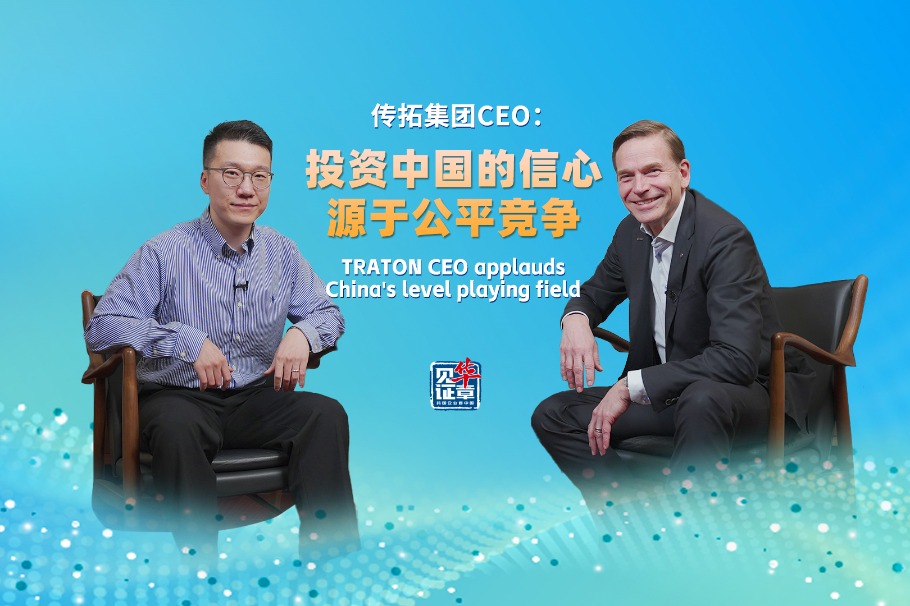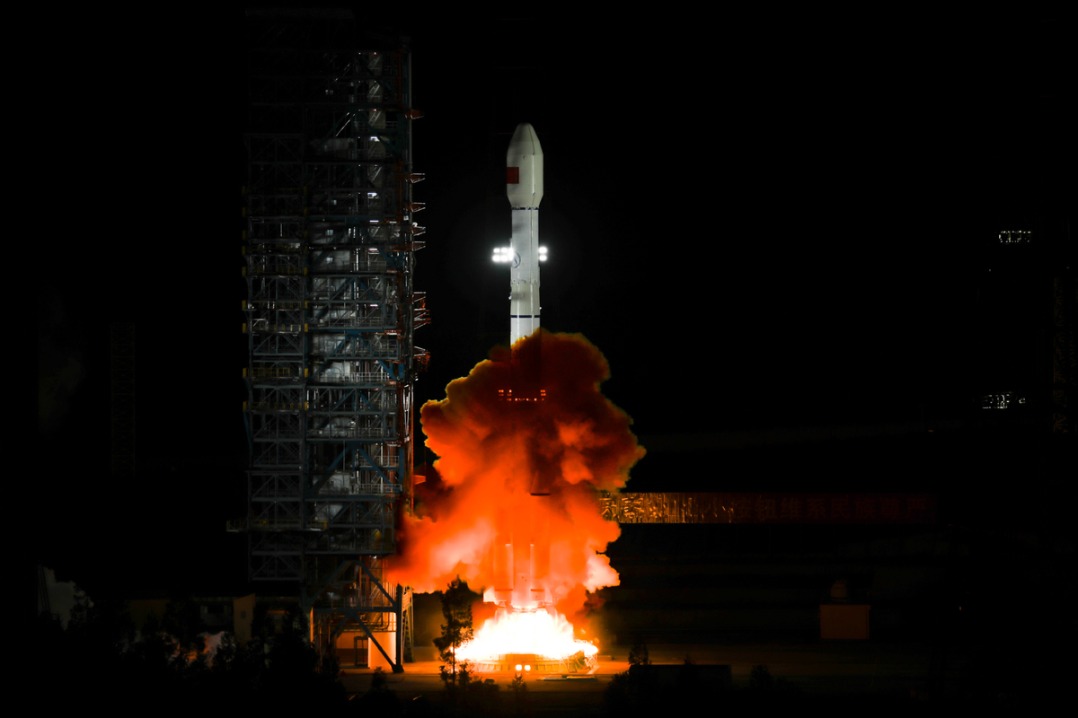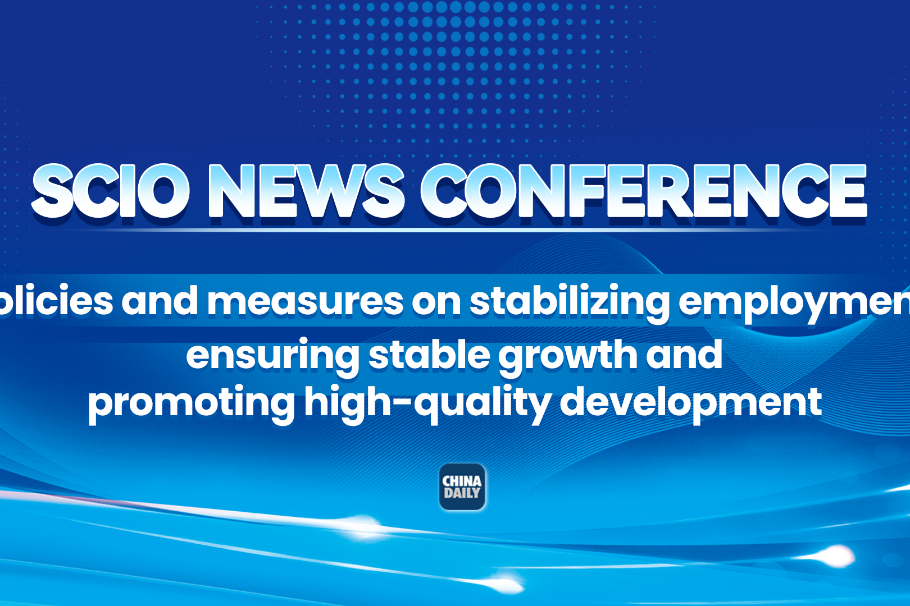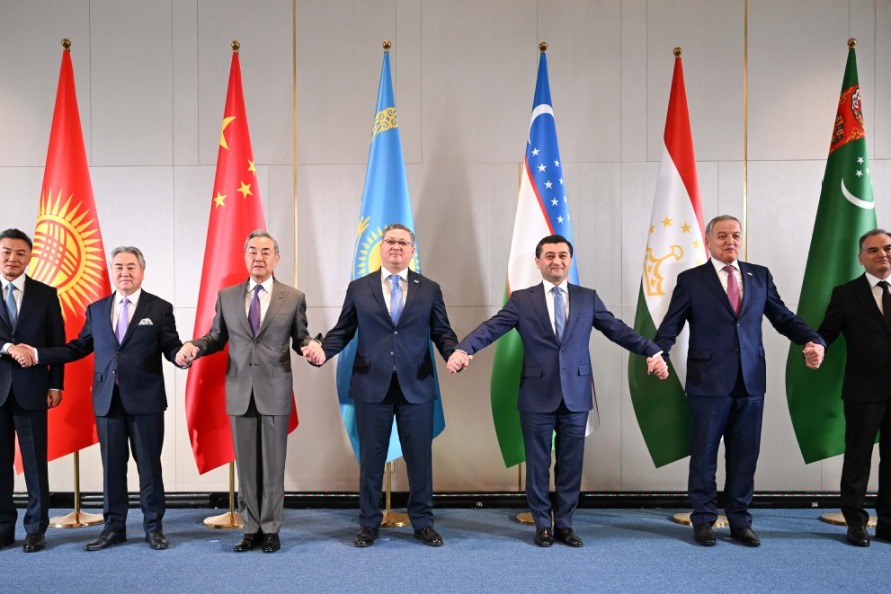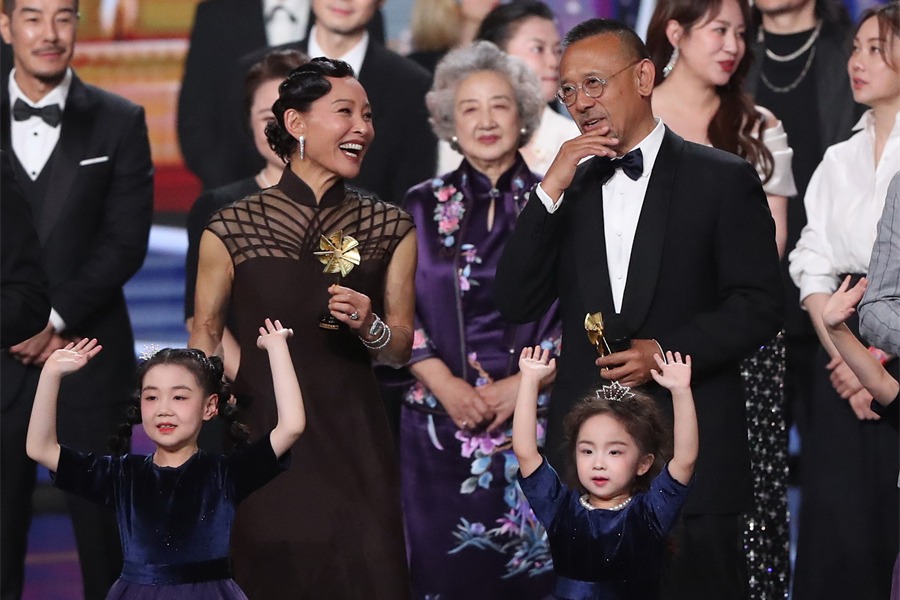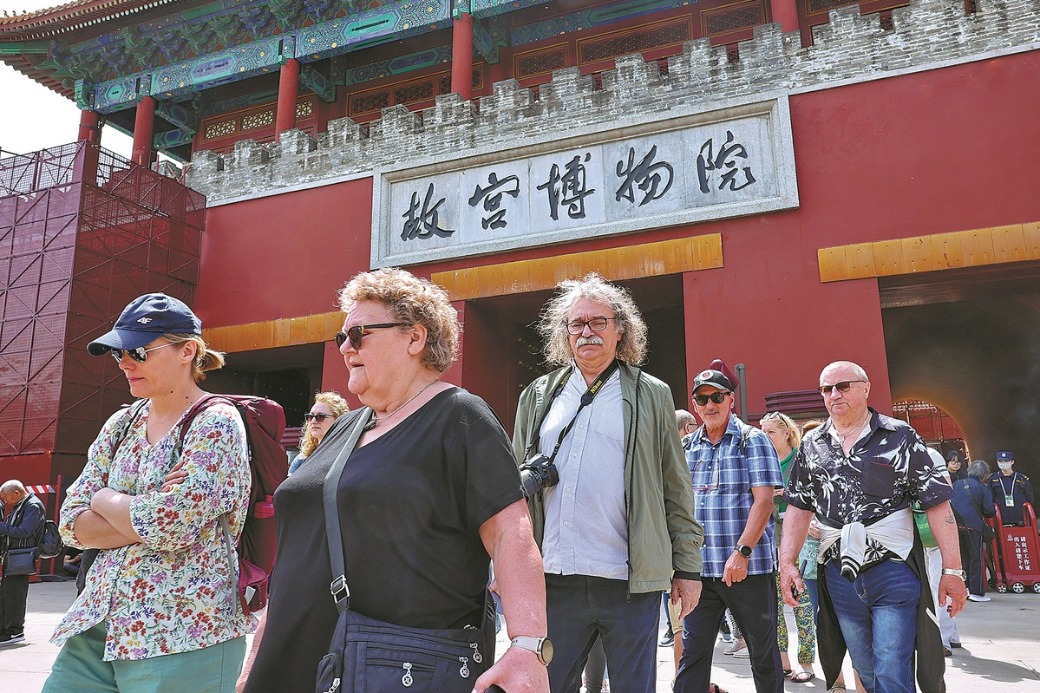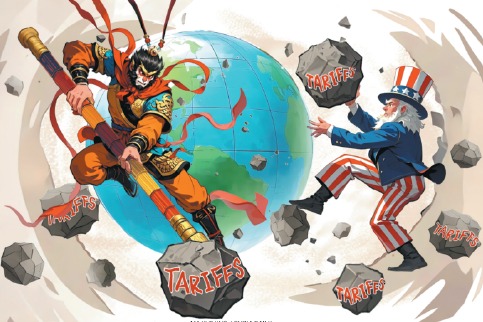White House unable to accomplish its goal but more than capable of ruining things: China Daily editorial

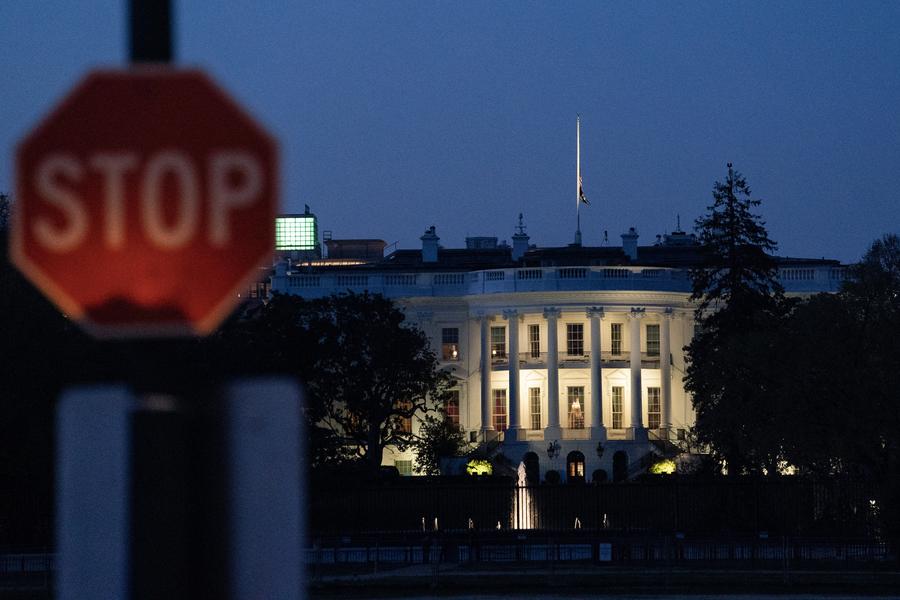
Although the US administration continues to brag about how the US economy is becoming stronger due to the policies it has introduced since it took office on Jan 20, it seems it is standing alone with only its shadow for company.
US President Donald Trump has the lowest 100-day job approval rating of any president of the United States in the past 80 years, amid broad fears of a looming recession, according to a new ABC News/Washington Post/Ipsos poll. Seventy-two percent of respondents said they think it's very or somewhat likely that his economic policies will cause a recession in the short term.
Seventy-three percent said the economy is in bad shape, 53 percent said it's gotten worse since Trump took office and 41 percent said their own finances have worsened.
On the administration's tariff policy, which is harming both the US economy and the US' relations with other countries, 64 percent said they disapprove.
In particular, 62 percent said prices, which as a candidate Trump pledged to curb, are rising; 71 percent said they see his tariffs as a negative factor in price inflation; and 67 percent said they disapprove of his handling of the recent turmoil in the stock market. The S&P 500 is down 8.7 percent since Trump took office.
Although the Democratic Party remains out of favor, which is the one silver lining for the administration, the White House is like the player on the pitch confused by the game, while for those watching all is clear.
The administration's tariff-centered economic policy is unsustainable, yet rather than admit that, it continues to brag about the "endless wins" it has produced. It backs up this claim by overstating the losses and anxieties it has caused other economies, as if their losses are the US' gains, and that their anxieties prove the correctness of its policy.
A vivid example is that US Treasury Secretary Scott Bessent said recently China's export-reliant economic model is "unsustainable" and harms both China and the rest of the world, implying that the US is actually doing China a favor by pressing it to shift away from the "export-led manufacturing growth" as Beijing wants.
"China needs to change. The country knows it needs to change. Everyone knows it needs to change. And we want to help it change — because we need rebalancing too," Bessent said in a speech at the Institute of International Finance in Washington on Wednesday. His message was that if Beijing accepts the medicine the US is offering it can have an "opportunity for a big deal" on trade with the US.
At the same time, the Treasury chief maintained that "America First does not mean America alone," a comment that comes after The Wall Street Journal reported the Trump administration is considering slashing tariffs on China to de-escalate tensions between the two largest global economies.
The reason why Bessent tried to rope in other countries in that way is because the US administration has been left alone by acting on its policy of might makes right and its belief that relations with other countries are a zero-sum game.
Beijing has no intention of taking the US bait. If the US administration wants a deal with Beijing it needs to remove all the additional tariffs it has imposed on China to pave the way for negotiations.
Beijing does not share Bessent's pessimism about the outlook for the Chinese economy. And rightly so. In the first quarter of this year, China's GDP grew by 5.4 percent year-on-year, better than market expectations. In particular, net exports contributed 38.9 percent to GDP growth in the first quarter, reaching the highest level since quarterly statistics were available in 2009, thanks to its efforts to diversify its trade partners and upgrade manufacturing.
That many economies are taking the initiative to strengthen their economic and trade ties with China also gives the lie to the latest incarnation of the "China collapse" theory that the China hawks never tire of peddling in the mistaken belief that if they say it often enough then it will somehow come true.
The tariff war was launched by the US, and it is the US that should put an end to it by opening the door for talks. China's position is consistent and clear: it will fight, if fight it must; but it is willing to talk if the US shows its sincerity. That means it should cease its attempted intimidation in favor of dialogue and negotiations based on equality, respect and mutual benefit.

















